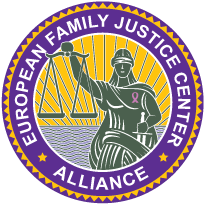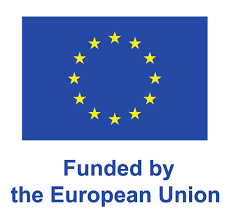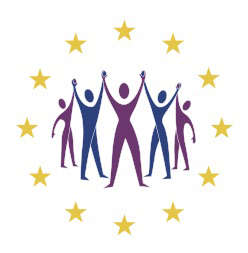France
Re#Start Network: A New Maison des Femmes in Périgueux
Organisation/Third party
Rosalie Casellas
Grant amount
€ 20.000,00
Website
www.lamaisondesfemmes.fr
Country
France
Title of the project
The opening of one Maison des Femmes Restart in Perigueux
Project duration
7 months
Target groups
The targeted group of this project is first and foremost women who are victims of violence in the region — women who will come through the doors of the Maison des femmes seeking safety, care, and support. These women may be experiencing domestic violence, sexual violence, psychological abuse, or other forms of gender-based violence, and will receive tailored, trauma-informed care through a multidisciplinary team.
Beyond the women themselves, the project also aims to support a broader population: children who are co-victims of this violence. Whether they have directly witnessed or been impacted by the abuse suffered by their mothers, these children often carry invisible trauma that can have long-term psychological and developmental effects. The Maison des femmes of Périgueux will therefore take a holistic approach to care, recognizing the intergenerational impact of violence and working to protect and support both women and their children on the path to healing and recovery.
Project summary
The city of Périgueux is preparing to open its own Maison des Femmes in March 2025, joining the expanding Re#Start national network. Recently presented to the ReStart evaluation committee, the Périgueux center is undergoing the labelling process to become part of this growing movement.
Like all Maisons des Femmes in the network, the new center will be connected to a public hospital and will offer a safe, dedicated space for women experiencing violence. With a strong multidisciplinary and trauma-informed approach, the center will function as a “one-stop shop” where medical, legal, psychological, and social support come together under one roof.
The care team will include a forensic doctor, gynecologist, midwife, nurse, medical secretary, and social worker. Women will have access to a full violence care pathway and therapeutic activities such as empowerment workshops, yoga, therapeutic karate, and socio-aesthetics, all designed to support healing and restore autonomy.
Beyond individual care, the Maison will also work proactively in the community—raising awareness, offering prevention programs in schools, training local police and gendarmes, and engaging with employers and institutions to build a culture of zero tolerance for violence.
By joining the Re#Start network, the Périgueux Maison des Femmes will uphold a national standard of excellence in care and contribute to a stronger, better-connected ecosystem of support for women across France.
Project activities
- Welcoming and supporting women survivors of violence
- Supervision the care pathways
- Patient consultations
- Group discussions
- Prevention and sensitization programs
Qualitative results
- The organization of care units and the types of services and interventions offered within each unit.
- Whether specific support is provided for children as co-victims, and if so, in what format.
- Whether a police officer is present on site to allow victims to file complaints directly.
- Partnerships or initiatives aimed at improving patients' access to employment; Partnerships related to housing support.
- Research or impact measurement initiatives / cohort follow-ups.
Quantitative results
- Total number of active patients (women seen at least once during the year).
- Number of women supported per care unit (e.g., domestic violence, sexual and reproductive health, female genital mutilation).
- Total number of consultations per year.
- Number of consultations conducted by social workers, psychologists, psychiatrists.
- Number of women who filed a complaint or had forensic evidence collected without filing a complaint.
- Age distribution of women supported.
- Number of interns.
- Number of awareness-raising and training sessions delivered, broken down by target groups.


